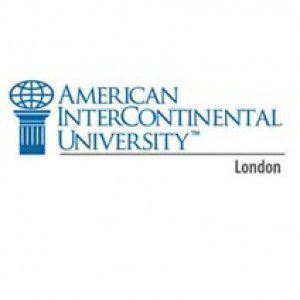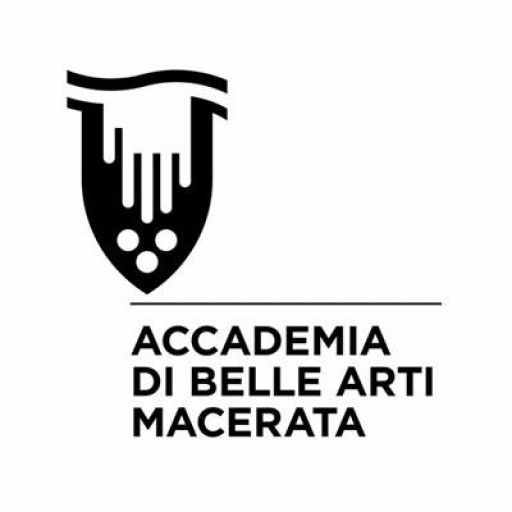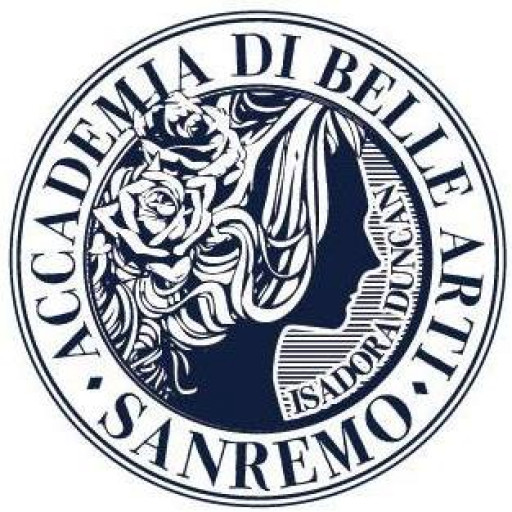Photos of university
The BA Illustration program at Metropolitan University offers students a comprehensive and dynamic education in the art of visual storytelling and creative expression. Designed to foster both technical proficiency and conceptual thinking, this programme provides a solid foundation in traditional illustration techniques, digital media, and emerging technologies. Students engage with a wide range of disciplines, including drawing, color theory, composition, character design, and narrative development, enabling them to develop a versatile portfolio suited for various industries such as publishing, advertising, animation, and game design.
Throughout the course, students are encouraged to explore personal projects and pursue experimental approaches, which helps cultivate individual artistic voices and innovative problem-solving skills. The curriculum combines practical workshops, theoretical studies, and industry placements, ensuring that graduates are well-prepared for professional practice. Mentorship from experienced illustrators and access to state-of-the-art facilities further enhance the learning experience.
The programme emphasizes the importance of professional development, critical thinking, and engagement with contemporary visual cultures. Students have opportunities to collaborate with external agencies, participate in exhibitions, and showcase their work to a wider audience. Upon completion, graduates will possess a strong portfolio, a clear understanding of industry standards, and the skills necessary to succeed in competitive creative markets. Whether aspiring to become freelance illustrators, work within design agencies, or pursue further research, students are equipped with the knowledge and confidence to thrive in their artistic careers.
The Illustration bachelor's degree program at the Metropolitan University offers a comprehensive and immersive educational experience designed to develop students' creative skills, technical proficiency, and conceptual understanding in the field of visual storytelling. This program is geared towards aspiring illustrators who wish to explore a wide range of styles, mediums, and contexts, from traditional hand-drawing techniques to digital illustration, animation, and multimedia projects. Throughout the course, students engage in a variety of projects that encourage experimentation, innovation, and personal expression, fostering their ability to communicate ideas effectively through visual means.
The curriculum covers fundamental principles of drawing, composition, color theory, and visual narrative, serving as a solid foundation for more advanced topics such as character design, editorial illustration, conceptual art, and sequential storytelling. Students learn to use industry-standard software and tools, ensuring they are well-prepared for professional practice in diverse sectors including publishing, advertising, entertainment, and digital media. The program also emphasizes the development of a strong portfolio, professional skills such as client communication, project management, and understanding market trends, which are essential for successful careers in illustration.
In addition to technical instruction, students have opportunities to participate in workshops, guest lectures by industry professionals, and collaborative projects that simulate real-world scenarios. The program encourages students to explore interdisciplinary approaches, integrating illustration with graphic design, animation, and new media, to broaden their creative horizons and adapt to the evolving demands of the visual arts industry. Moreover, students are supported in building their personal artistic identity and cultivating a unique voice that sets them apart in a competitive field.
By the end of the program, graduates will have created a diverse and compelling portfolio that demonstrates their versatility, technical competence, and creativity. They will be equipped with the knowledge and skills necessary to pursue careers as freelance illustrators, studio artists, concept artists in gaming and film, visual storytellers, or to continue their education through postgraduate studies. The Illustration bachelor's program at Metropolitan University is committed to nurturing innovative, skilled, and professionally prepared illustrators ready to make a significant impact in the world of visual arts.
Program requirements for the Illustration degree at Metropolitan University typically include a combination of academic qualifications, portfolio submission, and possibly interviews or entrance assessments. Applicants generally need to have completed secondary education or equivalent, demonstrating a strong interest and aptitude in art and visual communication. A portfolio showcasing a range of creative work, including illustrations, sketches, and conceptual designs, is a crucial component of the application process. The portfolio should reflect the applicant’s technical skills, originality, and understanding of different illustration styles and techniques.
In addition to the portfolio, applicants may need to submit academic transcripts or certificates indicating previous education completion, such as A-levels or equivalent qualifications. Some programs may also require a personal statement or motivation letter explaining the applicant's interest in illustration and their career goals. Proficiency in English language is typically necessary, with proof of language ability provided through standardized tests like IELTS or TOEFL if applicable.
For certain applicants, particularly international students, additional documentation such as passport copies and visa arrangements may be required. It's also important to note that some programmes might conduct an interview or an online portfolio review to assess the applicant's potential and suitability for the course. Academic prerequisites usually include foundational skills in drawing, composition, and creative thinking, though the university often looks for applicants with a demonstrated passion for visual storytelling.
Applicants are advised to carefully review the specific requirements on the university’s official site, as they may vary slightly from year to year or according to applicant circumstances. The programme aims to select students with a strong artistic baseline who are motivated to develop their skills further in a professional illustrative context. Once admitted, students are expected to attend lectures, workshops, and practical sessions that build technical competence, artistic sensibility, and an understanding of the commercial aspects of illustration.
The Illustration program at the Metropolitan University offers a range of financing options to support students throughout their studies. The university provides various forms of financial aid, including scholarships, grants, and bursaries, aimed at both domestic and international students. Scholarships are awarded based on merit, portfolio review, or financial need, and may cover partial or full tuition fees. The university's scholarship program encourages talented students to pursue their creative passions without financial constraints. Additionally, students can apply for government grants and financial aid programs, which provide supplementary funding to support their educational expenses.
Metropolitan University also offers installment plans, allowing students to pay their tuition fees in manageable monthly installments rather than a single payment upfront. This approach facilitates easier financial planning and reduces the economic burden on students and their families. For international students, there are specific scholarship opportunities designed to promote cultural exchange and support their educational pursuits. Furthermore, the university collaborates with external organizations and arts foundations to provide additional funding sources and sponsorship opportunities for talented illustration students.
Students are advised to explore all available financial aid options early in their application process, as some programs require separate applications or have limited funding pools. The university's financial aid office provides guidance and support, helping students prepare necessary documentation and understand eligibility criteria. Moreover, part-time work opportunities are available on campus to help students gain practical experience and supplement their income. These employment options are designed to be compatible with students’ academic schedules.
Overall, the Metropolitan University’s commitment to accessible education is reflected in its comprehensive financing programs. The institution strives to ensure that talented individuals from diverse backgrounds can pursue an illustration degree without being hindered by financial difficulties. Students are encouraged to contact the financial aid office for personalized advice and to stay informed about upcoming funding opportunities. Through its robust financing framework, Metropolitan University aims to foster a vibrant learning community of aspiring illustrators and creative professionals.
The Illustration degree program at the Metropolitan University is designed to nurture creative talent and develop practical skills in visual storytelling, character design, concept art, and digital and traditional illustration techniques. The curriculum emphasizes both theoretical understanding and hands-on practice, enabling students to explore various styles and mediums, including ink, watercolor, digital painting, and mixed media. Throughout the course, students are encouraged to develop a personal artistic voice while also understanding industry standards and professional workflows. The program provides opportunities for students to work on real-world projects, collaborate with other disciplines such as animation, graphic design, and publishing, and showcase their work through exhibitions and portfolios. Specializations within the program may include editorial illustration, concept art for games and film, and children's book illustration. The faculty comprises experienced practitioners from the illustration, publishing, and entertainment industries, offering mentorship and networking opportunities. The university’s facilities include dedicated studios, digital labs, and access to industry-standard software. Graduates of the program often pursue careers as independent artists, illustrators, concept artists, storybook creators, or work within creative agencies and media companies. The program aims to prepare students not only with technical skills but also with critical thinking, professional ethics, and entrepreneurial skills necessary for a successful career in the competitive field of illustration.








